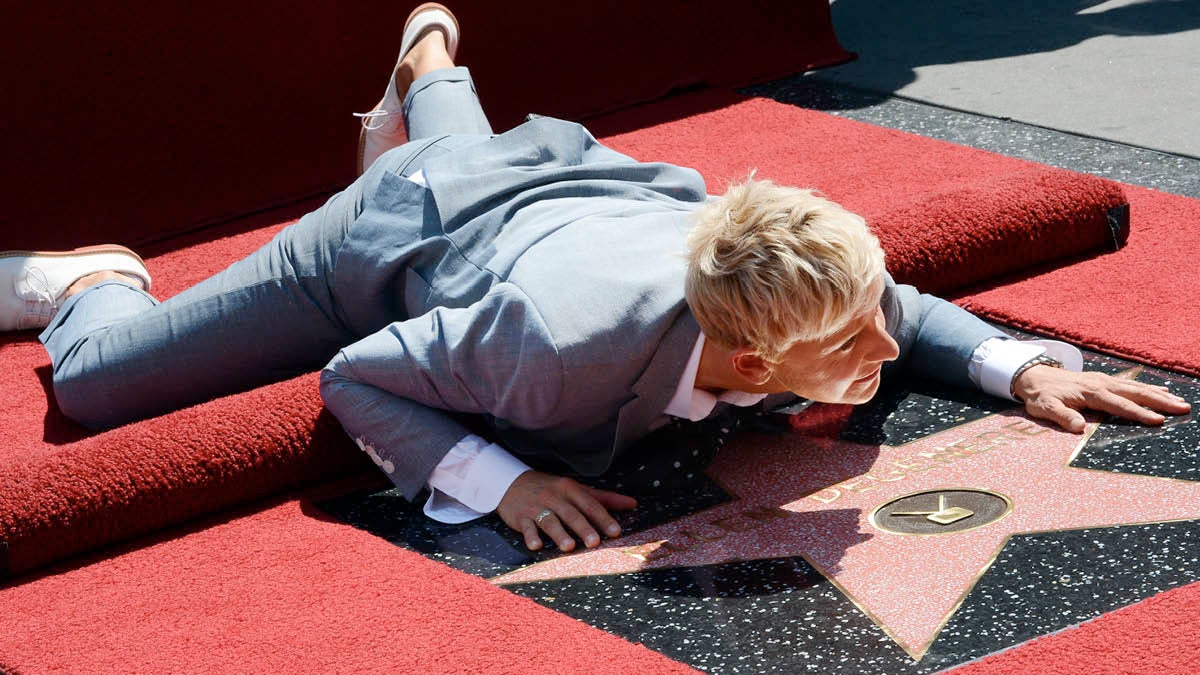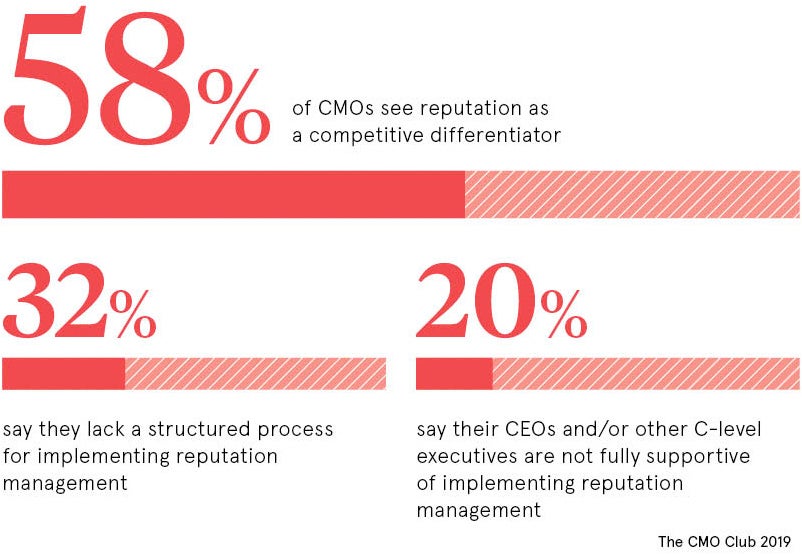
As The Ellen DeGeneres Show returned to American daytime TV screens in September, after a summer mired in accusations of a toxic workplace culture including racism and bullying, her apology made marketers sit up and take notice.
“This is The Ellen DeGeneres Show. I am Ellen DeGeneres. My name is there,” De Generes said in a recorded statement.
While the damage to De Generes’ reputation and brand remains to be seen, it may raise alarm bells for marketers working with a celebrity founder. And not just celebrities who have founded businesses, but those impacted by the culture of celebrity around iconic brand founders, such as in the tech startup world, where the likes of Mark Zuckerberg, Steve Jobs and Bill Gates are both idolised and immortalised.
It highlights how crucial it is for marketers to unravel a brand narrative from that of its founder. But what do they need to do when it comes to building a brand reputation that honours a founder, yet can stand on its own?
First-hand lessons from a founder and CEO
Charly Lester, an entrepreneur and marketer who co-founded then sold the over-50s dating app Lumen, knows first-hand the ups and downs of balancing a founder brand with that of the business. She has worked with startup founders whose inflated egos have got in the way of developing a clear brand mission, leading to the failure of their business, and learnt in her own ventures what that journey looks like.
“I developed The Dating Awards, based on my impartial views as a successful blogger. As the awards grew, my reputation grew and I ended up in a situation where I was unable to separate the brand,” Lester recalls. “It made it impossible for me to sell the company and no longer be a large part of it, because buyers recognised it would lose credibility if I stepped away.”
And when she co-founded Lumen in 2018, she was careful to use her personal brand to amplify its mission, while ensuring it would have a life of its own. “Lumen had a strong identity and mission from early on – anti-ageism – which helped ensure my own personal brand didn’t eclipse the brand itself,” she affirms.
“As a founder you need to share the same values as your business, but you need to be able to neatly separate yourself from the brand when the time comes, without the foundations crumbling around you.”
Currently chief marketing officer (CMO) of Clementine, a women’s mental health app whose founder is now stepping aside for a new chief executive, Lester must forge a clear strategy and brand reputation that is supported by the founder’s personal brand, but is not reliant on it.
The bottom line sits with marketers
Ultimately, this is a marketer’s responsibility, says Michelle Weil, a San Francisco-based marketing and growth strategist. She has worked with a number of startups, including comedy production business Funny or Die, with celebrity founder Will Ferrell at the helm.
She acknowledges that in the early days, a founder’s story can add to the marketer’s toolbox and can be dialled up if a business trajectory needs it, as was the case at Funny or Die.
But for a number of businesses she has worked with, there have been clear tipping points to suggest it’s time for a brand to forge its own path. She gives the example of an orthodontics startup whose founder was its face, which was an approach that was no longer sustainable once it expanded across the United States.

“I interviewed existing patients to understand what brought them to the brand. We came up with four main reasons and none had to do with the founder. So that was a clear indication it was time to develop other key attributes and messages for the brand,” says Weil.
She also cites her work with breast pump startup Willow Pump as an instance where the brand story needed separation from its founders from an early stage. “Our primary founders were both men, but as a company that creates a product for women, it didn’t make sense to play up the founder angle,” she says. “In that case, we actually brought on a chief executive that was a woman and she became more the face of the company.”
Using a legacy name to build consumer trust
It’s not just in the startup world where the culture of a celebrity founder is present. Numerous iconic brands bear their founder’s name, with the likes of Dyson and Estée Lauder still demonstrating clear links.
For the Marriott International hotel group, founded as a root beer stand by husband and wife J.W. and Alice Marriott in 1927, a combination of consistency and evolution has driven its growth.
“When it comes to brand and marketing, the leaders of our 30 brands are empowered to evolve the brands to ensure they stay relevant and meet the changing demand of the market,” says Neal Jones, Europe, Middle East and Africa chief sales and marketing officer for Marriott International.
“Yet each of the 30 brands in the Marriott International portfolio has a distinct set of brand standards that any property flying that brand’s flag is required to follow. These brand standards ensure consistent levels of quality and service worldwide and are audited regularly to ensure our hotels deliver on their brand promise.”
If marketers learn anything from the Ellen DeGeneres story, it’s coming up with strategies for devolution, such as wellness platform Goop leveraging its chief content officers as co-hosts alongside celebrity founder Gwyneth Paltrow in its Netflix incarnation. “It’s important as your brand is growing to be super conscious of how the founder story plays into the brand story. You never want to make it all about the founder,” Weil concludes.

As The Ellen DeGeneres Show returned to American daytime TV screens in September, after a summer mired in accusations of a toxic workplace culture including racism and bullying, her apology made marketers sit up and take notice.
“This is The Ellen DeGeneres Show. I am Ellen DeGeneres. My name is there,” De Generes said in a recorded statement.
